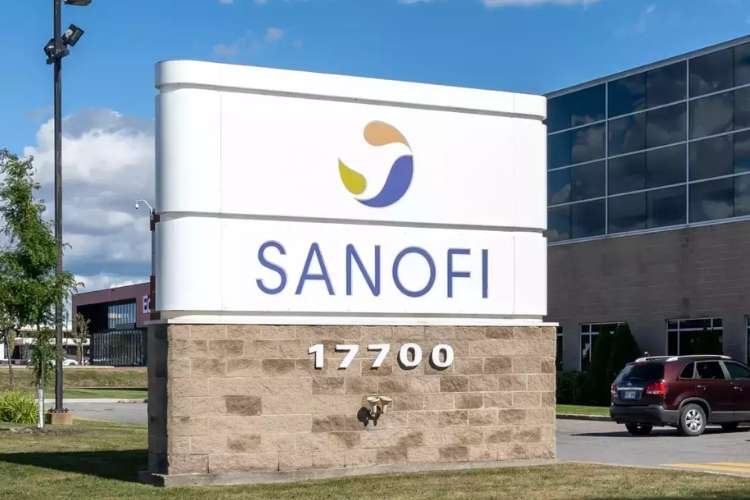Sanofi’s extensive exploration into the world of hemophilia patients, caregivers, and healthcare providers has yielded valuable insights. Collaborating with The Harris Poll, the renowned French pharmaceutical company conducted a comprehensive survey spanning 11 countries, encompassing the experiences of 2,700 participants. This groundbreaking initiative aimed to shed light on the impact of the rare bleeding disorder on individuals and to identify potential avenues for addressing unmet needs.
Remarkably, this ambitious survey commenced in February, shortly after Sanofi received the coveted FDA approval for its hemophilia A treatment, Altuviiio. The allure of this medication lies in its compelling promise of delivering normal to near-normal factor activity for most of the week when administered on a weekly basis, setting it apart from other factor VIII therapies. Notably, Sanofi’s Altuviiio stands out favorably against Roche’s Hemlibra, which boasts a higher annualized bleed rate according to a cross-trial comparison.
Also Read: Roche Wins Patent Appeal Over Hemlibra, Its Hemophilia A Drug, Against Takeda’s Baxalta
The results of this comprehensive survey now offer a roadmap for Sanofi to strategically position Altuviiio in the market, aiming for an expanded market share. Among the key findings, it became evident that the frequency of hemophilia injections and infusions represents a significant point of contention for both patients and caregivers. Approximately 36% of the survey respondents expressed a strong desire for this aspect of treatment to undergo a transformation.
Crucially, Altuviiio has the potential to meet this demand, provided that patients and healthcare providers engage in discussions regarding the medication and contemplate transitioning to this treatment. The survey further emphasizes a resounding consensus among the participants: there is a fervent desire for patients to take a more active role in determining their treatment strategies. An overwhelming 83% of patients expressed their willingness to participate more actively in their treatment decisions, and a parallel 84% of hematologists advocated for patients to have a more prominent role in choosing their treatments.
What patients yearn for in their treatment is clear, as they conveyed their primary objectives to the surveyors: the ability to conduct their daily activities without discomfort, pain, or the looming fear of a bleed episode. In a telling revelation, 41% of patients reported abstaining from certain activities or even discontinuing them due to their condition, and one-third of the respondents revealed that they had curtailed travel plans or canceled trips for the same reason.
Also Read: Despite CSL’s Hemophilia B Gene Therapy, NICE Is Not Persuaded
These newfound insights provide Sanofi with a substantial advantage as it seeks to leverage the initial success of the Altuviiio launch. During discussions with investors in July, Bill Sibold, the Executive Vice President of Specialty Care at Sanofi, announced that the drug had successfully garnered over 70% of switches from other factor therapies, translating into an impressive count of more than 250 US prescriptions. A notable fraction of these switches, 10%, were attributed to former users of Roche’s Hemlibra.
Sanofi holds lofty aspirations for Altuviiio, identifying it alongside two recently introduced medications: the RSV product Beyfortus and the diabetes treatment Tzield. Together, these assets are projected to contribute a cumulative revenue of at least 5 billion euros ($5.3 billion) at their peak sales potential. This triad of groundbreaking drugs represents a promising future for Sanofi, reaffirming its commitment to improving the lives of those affected by rare and challenging medical conditions.





























